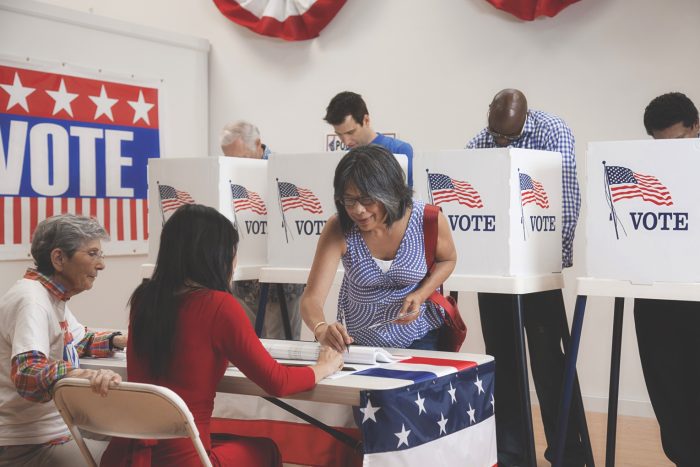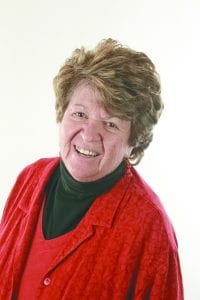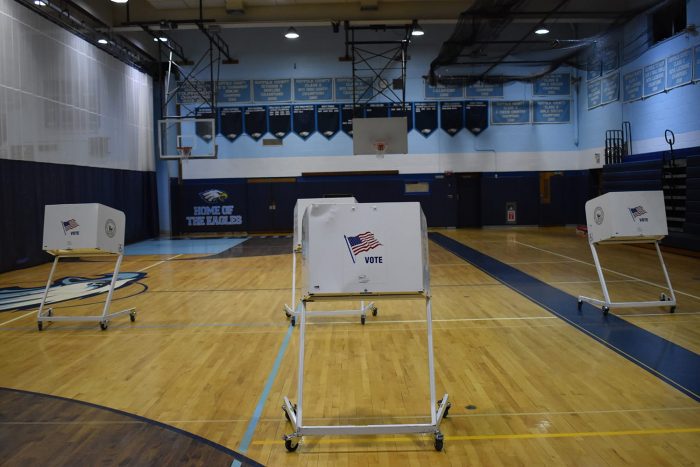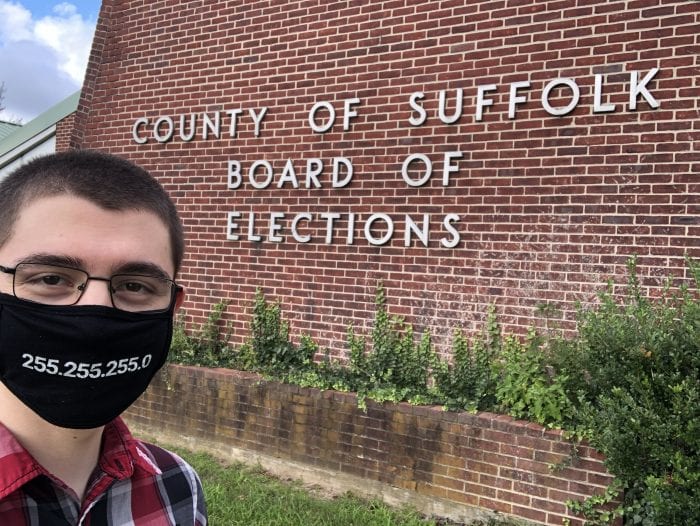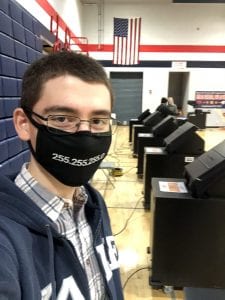By Lisa Scott
The New York State Board of Elections (BOE) is committed to fulfilling its responsibility to the citizens of New York State by providing fair, accurate, and accessible elections. This responsibility, and the credit associated with it, must be shared with the many dedicated poll workers who help make elections successful.
The Suffolk County BOE hires Election Inspectors for Primary Elections, General Elections and Special Elections. Each inspector must be a registered voter in Suffolk County. You will be assigned to a polling site within your Township and are paid for training and each day you work. If you are 17 years old, you may be eligible if your school district participates in a program under Education Law Section 3207-a.
In 2025, Primary Election Day is Tuesday June 24, with early voting June 14 to 22. Only voters registered in a political party before Feb. 14 of that calendar year may vote in their party’s primary election. Tuesday Nov. 4 is the General Election, with early voting Oct. 25 to Nov. 2, in which voters may vote for any candidate of their choice regardless of political affiliation. Special Elections could be held any time of the year, and are held if an elected position unexpectedly becomes vacant; the jurisdiction may set an election to fill the position.
Polling places are open long hours (6 a.m. to 9 p.m. on Election Days, and 8 hour variable times during early voting days). Inspectors are expected to arrive early to prepare the polling place under the direction of the polling place Coordinators. Inspectors always work in bipartisan pairs- thus providing a backup and witness to all polling place work. Inspectors must stay until the entire polling site has been shut down and every inspector is ready to leave for the evening.
Inspectors may work a variety of jobs at the polling place. They may be greeters and line managers, they staff the poll pads to check the voters (the voters identify themselves, sign in on the poll pads, and receive a printed receipt), they staff the ballot station (voters are asked for their receipt and highlight it, receive their ballot, and offered a privacy sleeve) and they monitor the tabulators (monitor and verify receipts, and assist as needed).
Voting inspectors report any issues or problems to their Coordinators, who are responsible for handling these. Problems might include voter not being found on the poll pad, spoiled ballots, absentee and early mail ballot issues, affidavit ballot issues, court ordered ballots and ICE BMD machine/accessible voting.
Upon their arrival, poll watchers, who are volunteers appointed by political parties or candidates to observe the election day procedures (and are not Board of Elections employees) are directed to the Coordinators. Poll watchers may be present for observation at the polls from 15 minutes before the unlocking and examination of any voting device or ballot box at the opening of the polls until after the close of the polls; may challenge persons who they believe are not qualified to vote, and observe the canvass of the vote after closing.
Electioneering (the process of convincing voters to vote for or against a particular candidate, party or issue) is prohibited by NYS law – it is illegal within 100 feet from the entrance to the polling place that the public will access. Voters may not carry signs or wear clothing which explicitly conveys their support of named candidates on election day, and the Board of Elections has a zero tolerance policy for electioneering by Inspectors.
The right to vote is one of our nation’s oldest and most important entitlements, and with this right comes responsibility. Free and open elections are the basis on which this country was formed and you can make a difference by becoming a poll worker to help protect those freedoms. Election Inspectors are an essential participant in the process that enables our citizens to exercise their constitutional right to vote. If you serve as a poll worker your interactions with the voters are what they will remember and are what will influence their confidence in the integrity and fairness of our elections.
If you live in Suffolk County and are interested in becoming an inspector in 2025, call 631-852-4533, 631-852-4536, email [email protected], or text APPLY to 631-400-5991.
Additional links:
■ elections.ny.gov/become-poll-worker
■ Helpamericavote.gov
■ www.eac.gov/help-america-vote
Lisa Scott is president of the League of Women Voters of Suffolk County a nonprofit, nonpartisan organization that encourages the informed and active participation of citizens in government and influences public policy through education and advocacy. For more information, visit https//my.lwv.org/new-york/suffolk-county.

